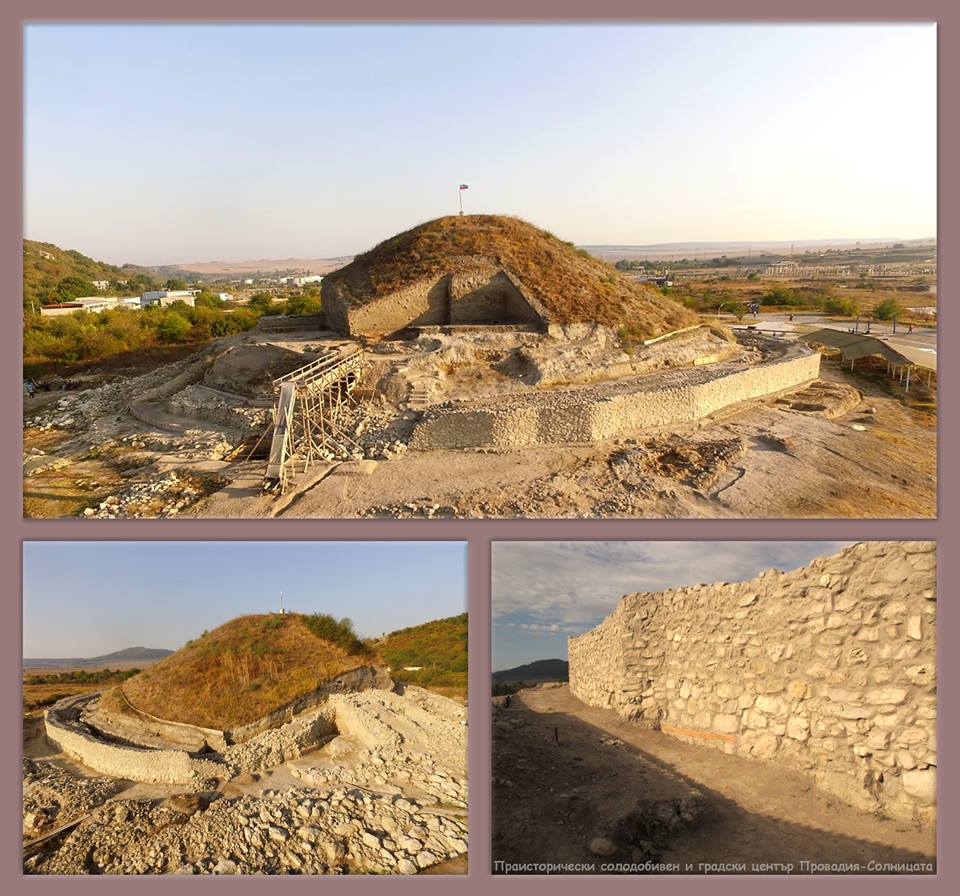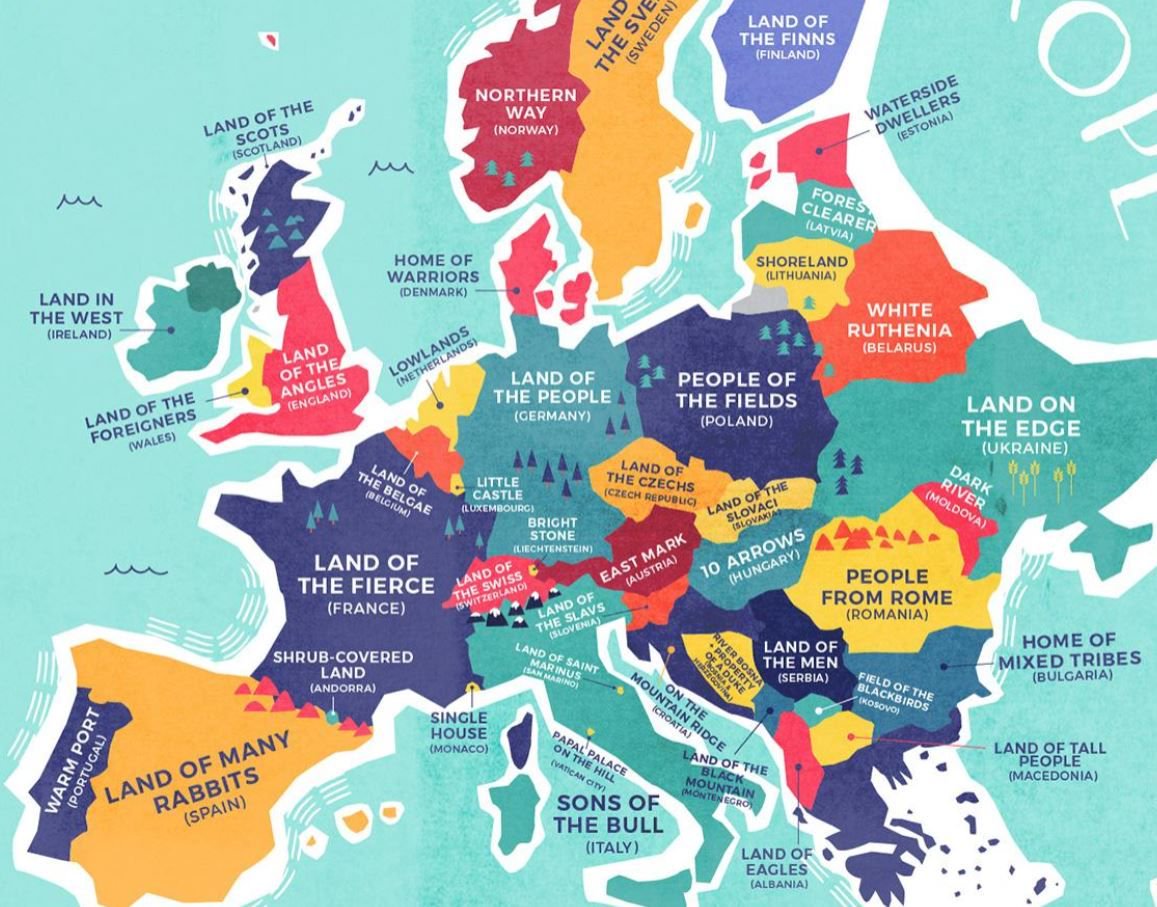They are very famous in South India. Several great Carṇātic musicians sang them..
But the five compositions also chart the journey of a spiritual aspirant.
A pure spiritual aspirant is equal to none other than Brahma.
Please enjoy, and try to get the bewilderment and wonder of Thyāgarāja as he goes deeper and deeper into the well of Bhakti Rasa. 🙂
This is the culmination of spiritual journey.
pragyata.com/mag/the-infini…
Endarō mahānubhāvulu, andarikī vandanamulu. 🙏
(End of thread).



